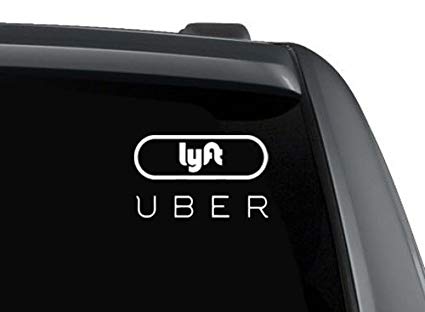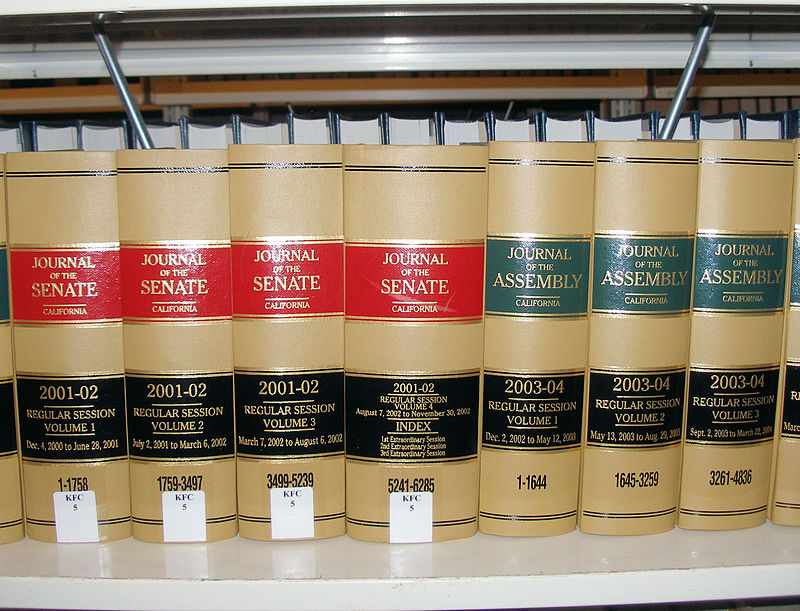
California Legislature Attempting to Unionize Ride-share Companies
Seeking more union members, labor unions are targeting independent Ride-share drivers
By Katy Grimes, September 3, 2019 1:55 pm
Smartphone apps for Uber, Lyft, and other ride-share and delivery services have revolutionized car services, allowing riders to order a car hire or a gourmet meal through a smart phone.
This free market response to the heavily regulated, unionized and expensive taxi and shuttle industry, is brilliant. They work beautifully and usually flawlessly, unlike unreliable shuttle services, and sometimes hostile and unscrupulous taxi drivers. And the cost is significantly less expensive.
Naturally, the Democrat-dominated California Legislature tried a few years ago to regulate this innovative, free-market solution. Now they are back and trying to unionize the independent drivers, claiming that it’s for their own good.
What Assembly Bill 5 by former labor union leader, Assemblywoman Lorena Gonzalez (D-San Diego), would actually do is force all independent drivers and workers into a state-run labor union to standardize their pay. The ability to work more and make more is lost when everyone is paid the same, regardless of skill, drive, ambition and need.
Her bill is based on the April 2018 Dynamex decision by the California Supreme Court, which ruled that Dynamex delivery drivers were employees, rejecting its own prior test for determining whether workers should be classified as either employees or independent contractors,” Forbes reported. AB5 would codify that decision into state law.
The IRS definition of an independent contractor is very clear: “The general rule is that an individual is an independent contractor if the payer has the right to control or direct only the result of the work and not what will be done and how it will be done.” This is the very definition of the Uber, Lyft or DoorDash drivers.
The Associated Press described Gonzalez’s bill as making it “really harder for tech companies to classify workers as independent contractors, who aren’t entitled to minimum wage or workers’ compensation.”
In 2014, the California Legislature attempted to regulate the ride-share business by requiring $750,000 in commercial liability insurance when drivers turn on the ride-share app, and $1 million from when they agree to pick up a passenger until the passenger gets out of the car.
Tech leaders said the state lawmakers sent entrepreneurs an ominous message: “You can build a better product, create thousands of new jobs and engage thoughtfully in negotiations – but powerful Sacramento interests can torpedo a promising new enterprise.”
Four years ago Uber and Lyft were employing more than one million Californians – and doing it on the drivers’ terms.
Last week, Uber, Lyft and Doordash vowed to take the fight to unionize their independent contractor drivers to voters, by committing $60 million to fund a California ballot initiative in 2020, unless lawmakers allow independent contracting employment for drivers and delivery workers in the state.
In May, Barclays investment bank estimated that turning California drivers into employees could cost Uber $500 million a year and Lyft $290 million, USA Today reported.
According to the Dynamex ABC test, a worker will be considered an employee unless:
A) the worker is free from the control and direction of the hiring entity in connection with the performance of the work, both under the contract for the performance of the work and in fact.
B) the worker performs work that is outside the usual course of the hiring entity’s business.
C) the worker is customarily engaged in an independently established trade, occupation, or business of the same nature as the work performed.





One thought on “California Legislature Attempting to Unionize Ride-share Companies”